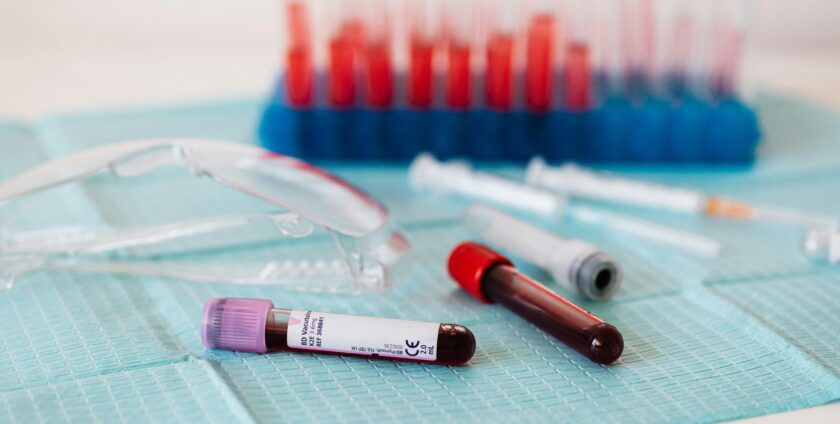
When it comes to assessing kidney function, the Blood Urea Nitrogen (BUN) test is one of the most common and informative tools available. It helps doctors evaluate how well your kidneys are working by measuring the amount of urea nitrogen in your blood. This waste product forms when your liver breaks down protein in food, and your kidneys are responsible for filtering it out.
How Does the BUN Test Work?
During the process of breaking down protein, your body produces ammonia, which contains nitrogen. The liver converts this ammonia into a safer substance called urea, which is carried to the kidneys through your bloodstream. Healthy kidneys filter out the urea and other waste products, which are then excreted through urine.
A BUN test measures the amount of urea nitrogen left in your blood. If your kidneys are not filtering waste effectively, your BUN levels may rise, pointing to potential kidney dysfunction or disease.
Why Should You Get a BUN Test?
While a BUN test can be part of a routine check-up, it’s especially important if you have symptoms of kidney disease or if you’re managing chronic conditions like diabetes or high blood pressure—both of which can strain your kidneys over time. Doctors often recommend a BUN test for the following reasons:
- Monitoring Kidney Function: If you have signs of kidney disease, such as fatigue, swollen ankles, or frequent urination.
- Chronic Conditions: Conditions like high blood pressure and diabetes can damage kidney tissues, and a BUN test helps track kidney performance over time.
- Evaluating Treatment: If you are undergoing dialysis or other treatments for kidney failure, the test can help gauge the effectiveness of the treatment.
What Do the Results Mean?
Normal BUN levels typically range from 6-24 mg/dL, but this can vary depending on age, gender, and your overall health. A higher-than-normal BUN result doesn’t always mean kidney disease—it could be due to dehydration, certain medications, or even a high-protein diet. That’s why doctors typically compare BUN results with other tests, such as creatinine levels and eGFR (Estimated Glomerular Filtration Rate), which gives a broader view of kidney function.
A high BUN level may indicate:
- Kidney disease or damage: If your kidneys are not removing waste properly.
- Dehydration: Not drinking enough fluids can increase BUN levels.
- Heart conditions: Congestive heart failure may affect how well your kidneys receive blood.
- Dietary factors: A high-protein diet can temporarily raise BUN levels.
What Can You Do Next?
If your BUN test reveals high levels, the next step is to address the underlying issue. Your doctor might suggest additional tests to confirm kidney function problems, and may recommend lifestyle changes or treatments to protect your kidneys. Here are a few steps you can take:
- Stay hydrated: Proper fluid intake helps your kidneys flush out waste.
- Monitor blood pressure and blood sugar: If you have hypertension or diabetes, controlling these conditions is key to preventing kidney damage.
- Healthy diet: A diet rich in fruits, vegetables, and low in sodium can help ease the strain on your kidneys.
Keeping your kidneys healthy is about long-term prevention. If you’re managing a chronic condition, regular monitoring through BUN and other kidney function tests is crucial to catching problems early.
Take the First Step Toward Better Kidney Health
At JITM Diagnostics, we make it easy for you to stay on top of your health with free home sample pickup. Book your BUN test with us today and get accurate results without leaving the comfort of your home. Reach out now to schedule your free home sample collection!